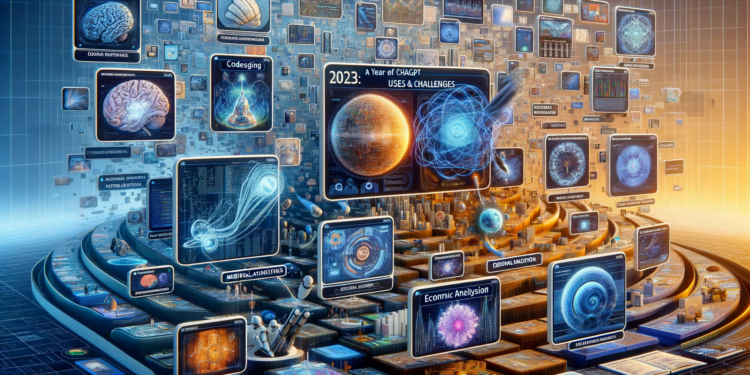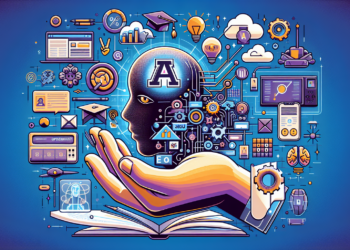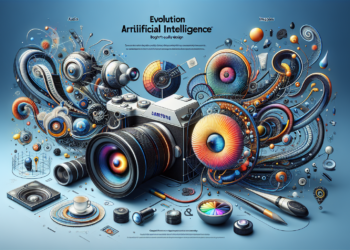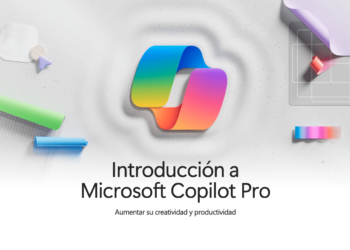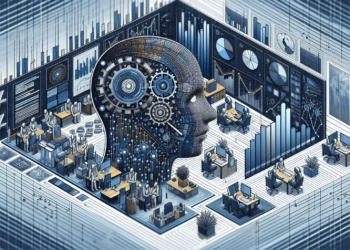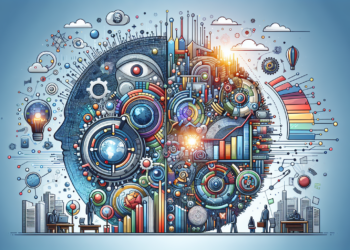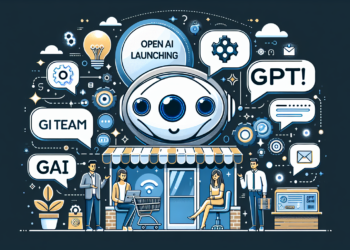As dawn broke in 2023, a pertinent question emerged on the scientific horizon: What advances and challenges are unfolding for ChatGPT, the natural language interface based on artificial intelligence created by OpenAI? This year, the technology has crossed an unprecedented threshold, refining its capabilities and extending its application across various domains. The maturation of models like GPT-3 and their subsequent evolutions has been a milestone in the interpretation and generation of natural language, pushing the boundaries of artificial intelligence and its integration with human workflows.
1. Improvements in Contextual Understanding and Generative Coherence
One of the main vectors of progress in GPT lies in the optimization of its capabilities within context analysis and generative coherence. Recent research has shown that advanced models can, through a multimodal transformer architecture, incorporate and process a larger amount of prior information to produce more coherent and contextual responses. This is possible thanks to the model’s parameter scalability and refinements in supervised training feedback.
2. Personalization and Increased Interactivity
Artificial intelligence has taken giant leaps in personalizing interactions. Recent ChatGPT models incorporate deep learning techniques that adjust to the user’s communication preferences and the required linguistic style, resulting in a qualitative improvement in the user experience. Moreover, systems of progressive interaction, which memorize previous queries and learn from successive interactions, promise to revolutionize the implementation of personalized virtual assistants.
3. Generalization vs. Specialization in Specific Domains
As GPT continues to evolve, the debate between generalization and specialization surfaces. Recent studies suggest that a hybrid approach might be advantageous, where a broad base of general knowledge provides the foundation on which thematic specialization is built. This is reflected in the rise of “foundation” models, which are later specialized through supervised fine-tuning in specific domains such as medicine, law, or engineering.
4. Bias Detection and Control
Mitigating biases in AI models has become one of the most critical and challenging areas. Researchers are exploring advanced forms of bias intervention that involve not only redesigning training datasets but also the implementation of bias neutralization algorithms during runtime. These adjustment processes are designed to influence language generation, counteracting undesirable tendencies and promoting fairness in the generated responses.
5. Energy Efficiency and Scalability
Energy efficiency has taken center stage in the dialogue about AI sustainability. Model compression techniques and the pruning of unnecessary parameters represent the cutting edge in making models like GPT less resource-intensive and more scalable. Strategies like “quantization-aware training” are allowing models to maintain high accuracy while significantly reducing their carbon footprint.
6. Deployment on Specialized Hardware
The deployment of ChatGPT models on specialized hardware has broadened the scope for improved performance and reduced response times. Innovations in AI processors, such as Tensor Processing Units (TPU), have proven key to the efficient operation of GPT on large scales.
7. Advances in Explainable Artificial Intelligence (XAI)
The movement towards more explainable Artificial Intelligence has gained momentum. The development of “explainable AI” (XAI) for language models aims to unravel the “black boxes” and provide greater transparency into AI’s reasoning. Case studies like “attention visualization” have proven useful for developers and end-users seeking to understand and justify the processes behind the model’s responses.
8. Security and Privacy
With the expansion of ChatGPT’s capabilities, scrutiny over the security and privacy of processed data also intensifies. Applied cryptography, such as homomorphic encryption, promises to allow models to process information without the need to decrypt it, thus providing an additional layer of data protection. Moreover, the implementation of stringent regulatory frameworks and the development of data governance policies are essential in maintaining user trust.
9. Interoperability Among AI Systems
Lastly, interoperability among different AI systems is emerging as a critical area. The ability for various systems, including those running versions of ChatGPT, to interact and collaborate with each other is fundamental to the technological ecosystem. This could manifest in the integration of complementary capabilities or in the formation of distributed cognitive systems.
The year 2023 represents a threshold for ChatGPT and related technologies, a turning point where practical implementation opportunities and ethical dilemmas converge more than ever. Steady progress in AI is reshaping human-machine interaction, and it is our collective responsibility to guide this progress towards a future that reflects the highest human values and aspirations.

